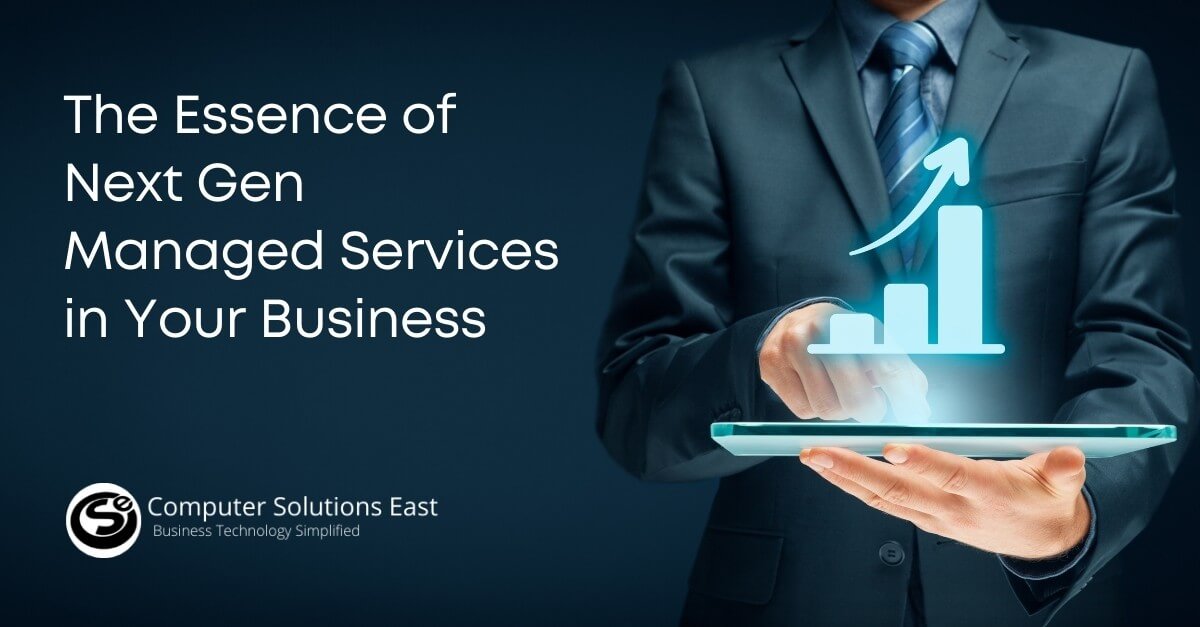How can enterprise translate the power of AI for next-gen growth?
The quickly changing business environment due to pandemic is forcing businesses to recover and adapt. Today, less than 10% of companies are updated with modern technologies like AI and data science. The good news is that artificial intelligence in business understands that the excessive dependence on data from the client and the user end will increase with data and AI. Accenture has published a study titled “Fast Road to Future-Ready Success” that offers insights into the applications and deployments of emerging technologies such as AI, analytics, cloud, cryptocurrency, and robotics (RPA).

Technology Usage Trends amongst Enterprises
In the report, it was found that, three years ago, nearly four in five businesses were at the bottoming of the scale in terms of their customer satisfaction. About one out of the five companies is stuck at the stable level, marked using foundational software and technology, limited automation, and no data automation. The way these organizations have been operating is almost similar to the way they are now. They cannot foresee the scope of artificial intelligence in business.
Adoption of business IT solutions requires personal transformation and acceptance on the side of those who use them. When significant change happens, it is frequently characterized by steep growth curves, apprehensive workers, and a dearth of efficient adoption and training methods. We are aware of these obstacles and have developed proven strategies and frameworks for increasing adoption and using new technology to achieve key business objectives.
Switch to Modern Technologies
Scholars use computers and the internet for strategic and revelatory purposes nowadays. A third of businesses have advanced into an ‘effective’ group regarding applying artificial intelligence in business. Approximately 60% of companies are now in the predictive category characterized by more intensive use of data processing, computers taking a greater part of the company-related tasks, and the mixing of data from different sources to accomplish the result. Besides, they have more employees than any traditional providers and businesses that are not well-equipped to apply artificial intelligence in business.
Many companies today have accomplished the ranking system to be at the future-ready stage characterized by extensive use of emerging innovations like artificial intelligence, cloud infrastructure, and blockchain. Processes are highly automated, end to end and systematic use of data and analytics makes them more robust. In the next three years, two-thirds of the companies will be in the growth process, while one-third will be in the predictive phase. Six percent of the entire group will be in the Productive zone, but certain businesses will be stable.
Becoming Future-Ready with Technology Adoption
Going up the dynamic tech and data layers offers big rewards; achieving a future-ready company generates double the income of those undertaking other transition efforts. Their ranking is more than 1.7 times better when it comes to adopting artificial intelligence in business. If all the world organizations were to work at future-ready capacities, the overall capital produced would be about $5.4 trillion.
Adoption of business IT solutions requires personal transformation and acceptance on the side of those who use them. When significant change happens, it is frequently characterized by steep growth curves, apprehensive workers, and a dearth of efficient adoption and training methods. We are aware of these obstacles and have developed proven strategies and frameworks for increasing adoption and using new technology to achieve key business objectives.

The New Normal for AI
One of the implications of the COVID-19 pandemic is that it serves as a wake-up call to the importance of digital transformation. Having a data-driven approach to decision-making is advantageous. Without the requisite infrastructure, procedures, and proper management, a company would not benefit from the full benefits. A successful strategy for an AI technology company involves going beyond a transactional approach includes breaking down data silos and supporting cross-organizational data collaboration.
When companies completely embrace the future, diverse data, analytics, and AI techniques are used holistically. When integrating data from different sources and enhancing data quality, leaders will deliver more relevant results using artificial intelligence in business that informs better decision-making.
Diverse data is relevant to the credentials of the applicant. CSE finds cloud computing to be prevalent among future-ready organizations. Organizations can use their network of collaborators to provide benefits of artificial intelligence in business with data, expertise, and creativity.
Aligning the company with CSE’s proactive AI Managed services offerings would seem like a successful way of fulfilling their goals. But there are problems with attempting to imitate the very same moves, line by line. All companies are different, and all companies must forge their future.


